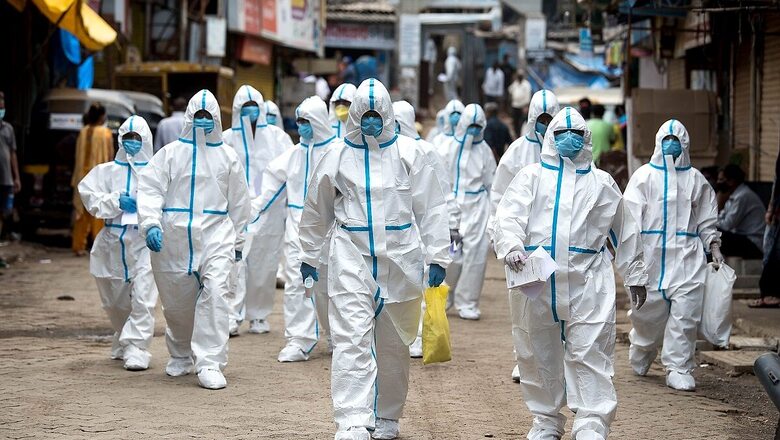
views
When will this COVID-19 pandemic end? When will normalcy return?, this is the most pertaining question in minds of people who have been living under restrictions since mid-March 2020 due to the spread of coronavirus. A group of students from SRM University, Andhra Pradesh have tried to answer these questions.
Four BTech students at the varsity along with Dr. Soumyajyoti Biswas have tried to deploy SIR Model and applied the methods of Machine Learning tools to data available on the spread of COVID-19 in Andhra Pradesh, affected people, and the number of people recovered from the virus.
The institute claims that students have used a Susceptible – Infected – Recovered (SIR) Model and found that by July 15, the rate of infection in AP will be below 100 per day.
With the assumption that the decay rate of infection is the same as the growth rate, the model predicts that the number of infected people could be 10,000 by May 21, 15,000 by May 30, and 1000 by June 14. The predictions claim that the number would go to 100 by July 15. The report has been submitted to the Special Chief Secretary to the Chief Minister of Andhra Pradesh, claims the varsity.
“We use a well-established Susceptible(S)-Infected(I)-Removed(R) model [1] for simulating the spread of the virus and use the simulation data to train a supervised machine learning algorithm (Random forest regression). Then in the trained algorithm, we feed the actual data for the state of Andhra Pradesh and make an estimate of the end-time for the virus. We estimate that by July 15, the rate of infection in the state will go below 100 per day,” the researchers claim.
The model used by the students, however, “is a simplified one and does not consider: effects of lockdown, vaccination or third wave due to possible mutant variants of the virus,” they informed. Not considering these parameters might have an impact on the outcomes.
Meanwhile, the World Health Organization classified the B1617 SARS-CoV-2 variant, which was first detected in India, as a variant of concern. The WHO said that evidence showed B1617 was more transmissible.
Read all the Latest News, Breaking News and Coronavirus News here. Follow us on Facebook, Twitter and Telegram.




















Comments
0 comment